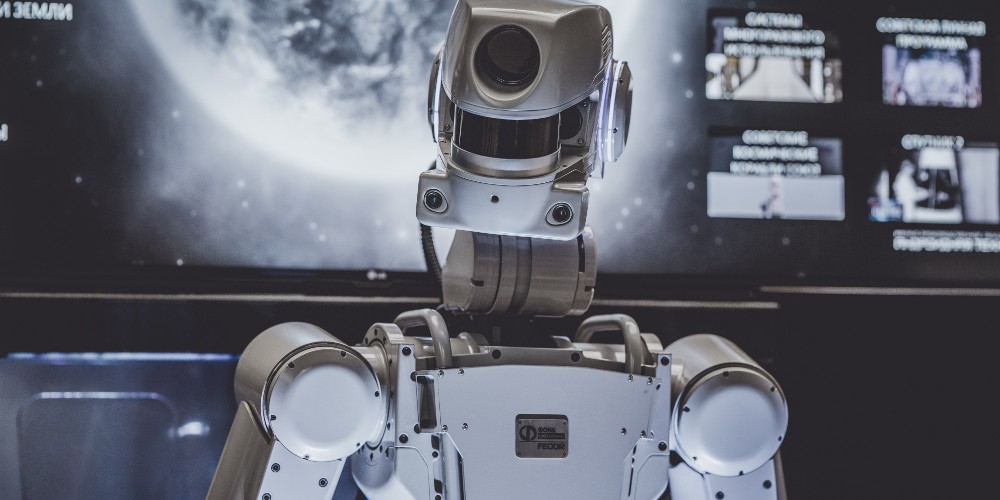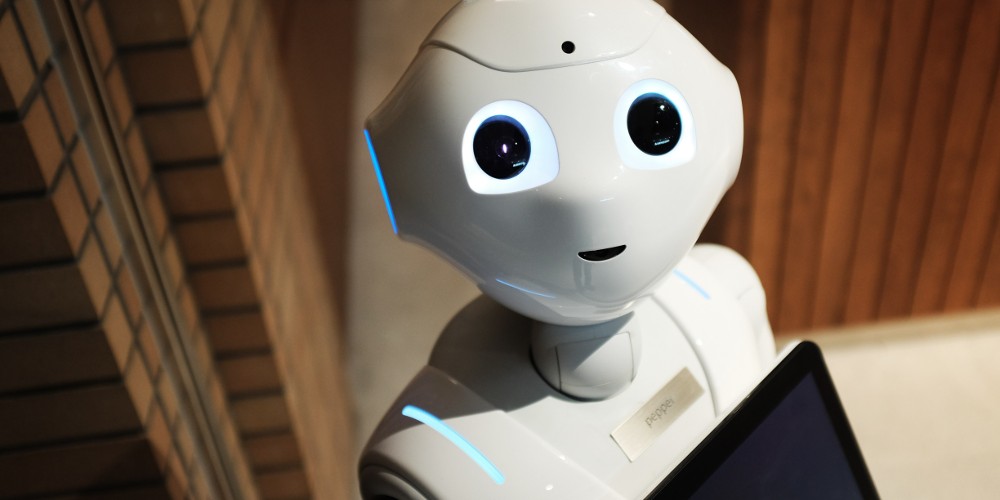With the rise of artificial intelligence, there has been an increase in the use of AI-generated content. While it can be a cost-effective and efficient way to produce content, it also has its drawbacks. In this article, we will explore the pros and cons of AI-generated content and how it impacts content creation in general.
What is AI-generated content?
AI-generated content is content that is created by algorithms and automated processes. New text: These algorithms leverage the power of Natural Language Processing (NLP) and Machine Learning (ML) to enhance the efficiency of content production. This includes tasks such as composing well-structured essays, formulating professional emails, designing compelling product descriptions, and generating in-depth blog articles.
Furthering AI writer’s capabilities in content creation,, AI-generated art represents a pivotal development in the text-to-image domain. This technology designs visual artworks in a variety of styles, utilizing AI to enhance textual content with innovative and engaging visual stories.
Pros of AI-generated content
Cost-effective
According to Emily Thompson, Business analyst at Daeken, a Family calendar app “One of the main advantages of AI-generated content is that it is cost-effective. It requires minimal human input and can produce a large volume of content in a short amount of time. This means that businesses can save money on content creation, which can be especially useful for smaller businesses with limited resources.” Indeed, the growing landscape of AI content generators further empowers businesses of all sizes to explore this cost-effective solution for content creation.
Time-efficient
AI-generated content is also time-efficient. Algorithms can produce a large volume of content quickly, without the need for extensive research or writing time. You can use a work time tracker to track how time-efficient they work on a single project. This allows businesses to focus on other important tasks, such as marketing and sales.
Grammatically correct
AI-generated content is often highly grammatically correct, with fewer errors than human-written content. Algorithms can analyse data quickly and efficiently, ensuring that the content produced is written properly. Moreover, through the use of web scraping APIs, AI systems can gather real-time information from various online sources, enhancing the depth and accuracy of the generated content.’
Personalisation
AI-generated content can also be personalised to suit the needs of individual users. Algorithms can analyse user data and behaviour, allowing businesses to tailor their content to specific audiences.
If you want to learn more about how to leverage AI to personalize your content in 2024, check out this complete guide by CoHost.

Cons of AI-generated content
Lack of creativity
One of the main drawbacks of AI-generated content is its lack of creativity. While algorithms can produce factual and well-researched content, they often lack the creativity and personality that human writers can bring to their work.
Inaccuracy in understanding human emotions
AI-generated content can also struggle with understanding human emotions. Algorithms may not be able to accurately convey tone or sarcasm, which can result in content that is perceived as flat or robotic.
Inability to understand context
Algorithms may struggle with understanding context, which can lead to inaccuracies or misinterpretations in the content produced. This can be particularly problematic in industries where context is important, such as journalism or law.
Limited flexibility
AI-generated content can also be limited in its flexibility. Algorithms may not be able to adapt to unexpected changes or adjust their writing style to suit different audiences.

How AI-generated content impacts content creation
- It allows businesses to produce large amounts of content, quickly
- It acts as a great starting point to generate ideas
The rise of AI-generated content has had a significant impact on content creation. According to recruitment software company Ducknowl “The rise of AI-generated content has had a significant impact on content creation”. It has allowed businesses to produce large volumes of content quickly and efficiently, but it has also raised concerns about the role of human writers in the industry.
While AI-generated content may be cost-effective and time-efficient, it cannot replace the creativity and nuance that human writers bring to the table. Human writers are still essential in industries that require creativity, originality, and a unique voice.
However, AI-generated content can be a useful tool for human writers, allowing them to focus on higher-level tasks such as strategy, research, and editing. It can also be used to generate ideas and provide a starting point for human writers to work from.
Overall, the impact of AI-generated content on content creation is significant, and it will continue to play a role in the industry. However, it is important to recognize its limitations and to continue to value the creativity and expertise that human writers bring to the table.
In Summary…
AI-generated content has its pros and cons, and it is important to evaluate these when considering its use in content creation. While it can be cost-effective and time-efficient, it cannot replace the creativity and nuance of human writers. AI-generated content should be seen as a tool to support and enhance human writers rather than a replacement for them.
AI FAQs
Q1. Is AI-generated content reliable?
AI-generated content can be reliable, but it is important to ensure that the algorithms used are accurate and well-designed. It is also important to have a human writer review the content to ensure that it is accurate and fits with the brand’s tone and voice.
Q2. Can AI-generated content replace human writers?
No, AI-generated content cannot replace human writers. While it can be useful for certain tasks, it lacks the creativity, nuance, and originality that human writers bring to the table.
Q3. How can businesses use AI-generated content effectively?
Businesses can use AI-generated content effectively by using it as a tool to support and enhance human writers. It can be used to generate ideas, provide a starting point for human writers to work from, and help with tasks such as research and data analysis.
Q4. What industries can benefit from AI-generated content?
AI-generated content can be useful in a variety of industries, including journalism, advertising, e-commerce, and customer service.
Q5. How can businesses ensure that their AI-generated content is high-quality?
Businesses can ensure that their AI-generated content is high-quality by using accurate and well-designed algorithms, having human writers review the content, and ensuring that the content fits with the brand’s tone and voice.
🤖 How would you feel if we told you that this article was written by AI (and edited by a human writer). Could you tell?